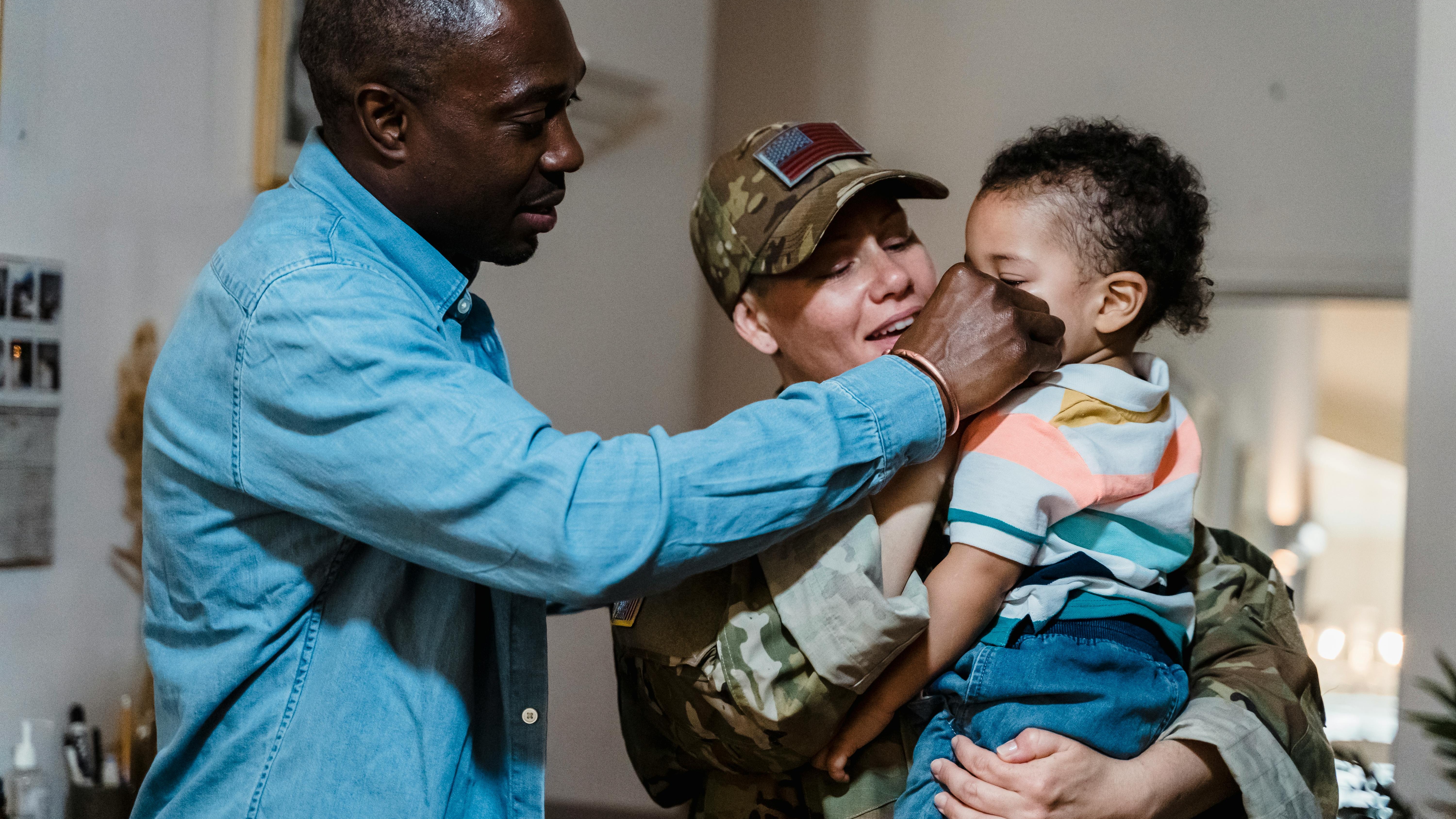
Understanding Our Walls
The metaphorical walls we construct throughout our lives significantly influence our perceptions and interactions. These barriers are often formed from early experiences, comments, and societal inputs that we absorb without full comprehension. They serve as filters, shaping our identity and responses to the world around us.
The Foundation of Beliefs
As Joe Byerly articulately notes in his reflections on personal conflicts, the core beliefs we hold—instilled from childhood through the words and actions of others—are not always consciously acknowledged. Comments from parents, teachers, or even peers can lay bricks in the walls of self-doubt or arrogance, depending on how we interpret these messages. This backstory is crucial for military personnel and their families, as understanding the roots of these beliefs can bridge communication gaps and foster stronger relationships.
How Walls Affect Leadership Styles
In the realm of leadership, these walls can deeply affect how we lead and inspire others. Military leaders often face unique challenges that require a balance between personal conviction and the diverse beliefs of those they command. The professional walls built through training, experiences, and operational demands can either hinder or enhance our ability to unite teams. Leaders must navigate their walls while remaining sensitive to the beliefs that shape their teams. An effective military or corporate leader recognizes when their ‘armor’ may prevent them from seeing the situation clearly.
The Impact of Perception
The tinted windows in our walls distort reality. A casual remark can be misinterpreted as a challenge to our competence, just as an innocuous social media post can be seen as a personal attack. For active duty service members and their families, the stakes can be high, particularly in high-pressure environments where misunderstanding can lead to significant operational issues. This discourse about perception is crucial for maintaining effectiveness and harmony within units, particularly during tough assignments or transitions.
Bridging the Gap
The awareness of these subjective barriers is the starting point for dialogue and understanding. For service members, acknowledging these walls can lead to healthier relationships with spouses and colleagues by fostering empathy. Engaging in open discussions about personal experiences can help tear down competitive or defensive walls and promote a culture of support. As leaders, creating an environment where individuals feel safe to discuss their walls can transform a unit's dynamic, leading to greater trust and cooperation.
Proactive Strategies for Improvement
To mitigate the challenges posed by our walls, proactive strategies can be employed. Leaders can introduce regular check-ins, feedback sessions, and team-building exercises that emphasize psychological safety. By cultivating environments where members feel comfortable expressing vulnerability, organizations can break down misconceptions and conflicts that arise from our entrenched beliefs. Techniques such as active listening, reflective questioning, and encouraging narrative-sharing can help leaders and service members alike recognize and address the biases they carried into their roles.
Looking Forward: Opportunities for Growth
The future presents opportunities for armed forces and corporations to integrate these insights into training and development programs. Emphasizing emotional intelligence alongside tactical skills creates a well-rounded leader prepared for complex, dynamic environments. By leading with authenticity and openness, leaders can dismantle barriers, fostering resilience and teamwork—traits vital for mission success.
In conclusion, acknowledging and deconstructing the walls we build can significantly enrich our personal and professional lives. For service members and their families, engaging in honest dialogues about these barriers may pave the way for stronger relationships and more effective leadership. Consider sharing your own insights into how you've navigated these complexities and uplift those around you. Your experiences are a valuable part of the narrative.
 Add Row
Add Row  Add
Add 




Write A Comment